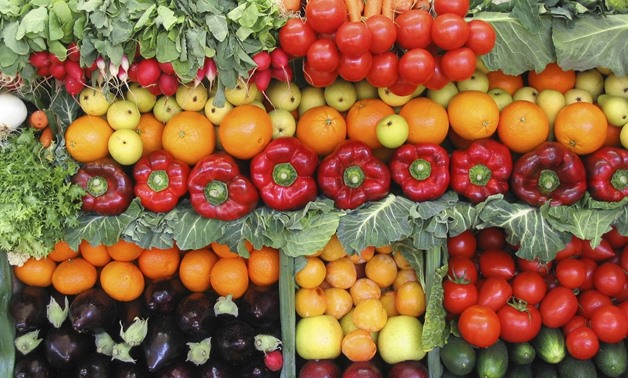
FILE – Vegetables
CAIRO – 24 September 2019: Earlier this week, Egypt announced the establishment of the commodityexchange in October, which opens the door for questions about this kind of exchange, how it works, andhow it will regulate the prices of the commodities in the Egypt.
Egypt Today reviews more details about this exchange in Q&A form.
Q: What is a commodityexchange?
A: A commodity exchange is a legal entity that determines and enforces rules and procedures for trading standardized commodity contracts and related investment products. A commodity exchange also refers to the physical center where trading takes place.
It is a market in which products and commodities are sold in bulk.
In fact, the first fruit and vegetable exchange was established in Badr City, Beheira Governorate, in Unit No. 1 to store vegetables and fruits, instead of markets, where goods are spoiled. It is an integrated enterprise with an industrial and a commercial part.
Q:What is the economic importance of the commodity exchange?
A: “The commodityexchange will contribute to putting Egypt on the global map of commodity trading, through the planned stock exchange to exploit its strategic location and contribute to attracting foreign capital,” Prime Minister MostafaMadbouli said on Sep. 22.
Madbouli added that it will also increase the state's ability to plan its needs of basic commodities that may be traded in the regulated market.
He emphasized that the importance of establishing a commodity exchange in Egypt is to protect small farmers by collecting, classifying and pricing their production.
Madbouli added that it also pushes to create transparency in pricing and thus contribute to reducing inflation resulting from fluctuating commodity prices, in addition to enhancing the ability to export products ofsmall farmers after issuing a birth certificate for products traded on the exchange.
Q: How is the commodity exchange launched?
The government is currently coordinating with banks to announce the establishment of the commodity exchange next October, as Minister of Supply Ali Meselhistated that it was agreed that the share of the commodities exchange would be 60 percent for the government and 40 percent for the private sector, clarifying that the general framework was agreed upon with the Egyptian stock exchange.
Prime Minister Madbouliheld a meeting to follow up the steps of establishing the commodity exchange in Egypt in the presence of Minister Meselhi, President of the Federation of Chambers of Commerce Ibrahim al-Arabi, Chairman of the Egyptian Stock Exchange Mohamed Farid, and officials of a number of concerned parties.

Comments
Leave a Comment